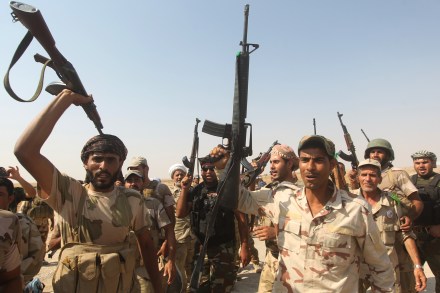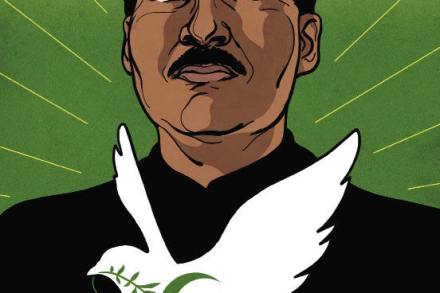The lesson of the young men fighting for Isis: evil is in all of us
I had an interesting discussion with my friend Aidan Hartley earlier this week about whether the young men fighting for the so-called Islamic State are psychopaths. (This was before the news broke of Steven Sotloff’s beheading.) Aidan is better placed than most to answer this question, having worked as a war correspondent for many years and written a classic book on the subject called The Zanzibar Chest. His view is that the Islamic radicals attracted to IS are not run-of-the-mill jihadis, but a particularly nasty sub-species. Without in any way trying to defend the activities of terrorist groups like al-Shabaab, whose handiwork he’s witnessed close up, he thinks of them








